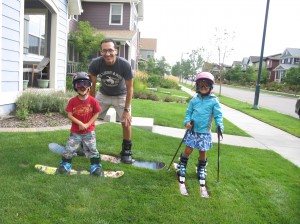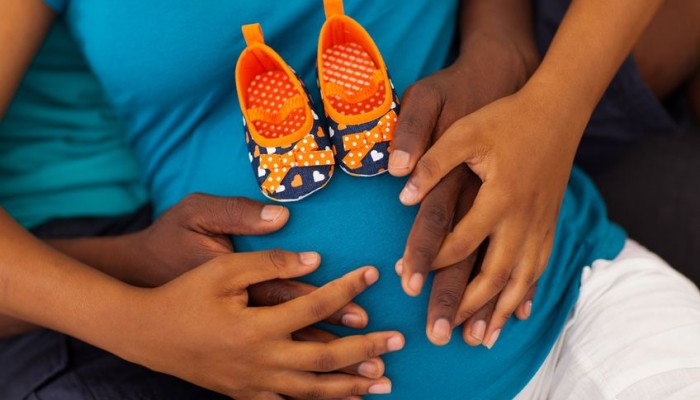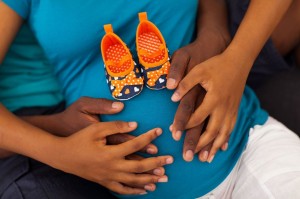Meet KJ Dell’Antonia. She is a regular contributor to The New York Times, where she covers the personal and policy aspects of parenthood. She wrote and edited the NYT Motherlode blog from 2011 until 2016 and was a contributing editor to the Well Family section from 2016-2017. She is the co-author of Reading with Babies, Toddlers and Twos and the co-host of the #AmWriting podcast.
KJ has an exciting, new book coming out in August 2018: How to Be a Happier Parent: Raising a Family, Having a Life, and Loving (Almost) Every Minute. I have to admit that I pre-ordered her book several months ago because I cannot wait to get my hands on it. As I’ve mentioned before, I’m a perinatal mental health and relationship specialist, not a parenting expert. So, like many of you, I can use ALL of the parenting wisdom and insight I can gather. It takes a village, right? KJ explains that her new book is not a parenting memoir. Instead, it is filled with research, interviews and investigation, all geared toward figuring out how to make the task of parenting more enjoyable.
I was thrilled to chat with KJ about her forthcoming book because 1) I have followed her parenting-related writing for many years in The New York Times and 2) I am a gigantic fan of the #AmWriting podcast. (If you do any sort of writing, I definitely encourage you to check it out.) OK, let’s get to our interview!
KB: Let’s start at the beginning. How did you decide to write this book?
KJD: I wrote the book I wanted to read. I’d been writing about parenting for nearly a decade, and editing other people’s work as well. I’d written—and read—so much about why parents answer survey questions and say we’d rather do laundry than hang out with our kids, about why we find parenting difficult to the point where we’re really not finding much joy in it at all, on a day-to-day level—and I wanted to talk about what we could do to make that better.
KB: So many authors write parenting handbooks based on their personal experiences or opinions. The thing that really stands out to me about your book is that you conducted actual scientific research to find out what REALLY makes parents happier. Can you share a little bit about how you did your research and if the results were what you expected?
KJD: I worked with a professor from Fordham University, Matthew Weinshenker, and a research assistant, Dawn Reiss. We came up with a series of questions that used established measures of parental happiness to get an idea of where respondents (about 1000, and as close as we could get to a demographic reflection of the U.S.) stood, and then we asked them questions about what else they were doing—how did they make decisions about things like vacations, and meals? How involved were they in homework? How often did they feel like they were enforcing the rules? And then we drew some conclusions about what choices were associated with greater happiness.
I think the biggest surprise in the results was how consistently people responded to an open-ended question about what they liked least about being a parent. There was a big cluster—about a third of respondents—around discipline, establishing rules, getting kids to behave. I don’t think our parents worried so much about that.
KB: According to the research you conducted, you discovered that happier parents tend to do four things, is that correct?
KJD: Yes. This is actually from the introduction to the book: “Happier parents in general do four things well. They shift from heavier involvement to fostering independence as their children become more capable. They don’t put their children’s everyday needs above their own. They look for the good in day to day experiences, and they know what’s really important and what’s just noise and fury.”
KB: Oh gosh, those are all good reminders for me. Has writing this book changed how you parent your four children?
KJD: I really am happier. I let a lot more go, I recognize that they’re their own people, with their own lives. They need guidance and support, and I love being there for them, but I don’t have to take their every experience or disappointment and make it my own. That’s not good for any of us.
KB: I know that your book really applies to parenting kids between the ages of 4 and 16. For my readers who are expectant or new-ish parents, do you have any suggestions on what they can start doing now in order to be happier later?
KJD: Don’t give up on your pre-parent life. That first six months to a year is tough. Really tough. For everyone. You won’t get enough sleep. Ever, and it’s important to recognize that that changes everything—and unfortunately there’s not much to do but your best there. Support your partner if you’ve got one. Trade off. At least give yourself a shot at getting the sleep you need by putting yourself to bed instead of staying up trying to get things done. (One good thing about babies—you can totally watch Game of Thrones while they’re awake, you don’t have to wait until they go to sleep.)
But beyond that, keep the things you do for fun. Take the baby or toddler (seriously, they can’t tell the difference between Disney and the Met, if you like to look at art, go look at art). Get a sitter, trade with a friend, let them watch some TV while you watch a crafting video or go surfing. You won’t be able to do as much, but you can still be you, and later, you’ll be glad—because nothing prevents over-parenting like feeling like you want your own time to do your own thing.
KB: For five years, you were the managing editor of The New York Times Motherlode parenting blog. What was it like to be at the helm of the most read, and the most coveted, parenting blog in the country… or maybe even the world?
KJD: Awesome, frankly. Completely validating. I can’t lie, I loved it. It was also a ton of work. I did everything, from editing to writing to illustrating to moderating almost all of the comments. I had great editors, too, but most of them had a whole lot going on besides Motherlode, which gave me a lot of freedom within the expectations at the Times. It could also be difficult, for two reasons. First, whenever there was a major news event involving children or families, I had to step up and respond. I’m all out of things to say about schools and gun violence, other than, please, stop. Sometimes it’s nice not to have to form a coherent thought around big issues—although I also miss the opportunity to be a part of that conversation. Second, there was a lot of power involved. There were a lot of people hoping I would publish their words, or write about their book, or even their product, and obviously that meant I said no a lot. As Betsy Lerner said in The Forest for the Trees, I want to save everyone, but there’s not room in the damn boat.
KB: I love how the subtitle of your book is “Raising a family, having a life and loving (almost) every minute”. I think the word ‘almost’ is probably validating to a lot of my readers. Can you talk about how you chose that subtitle?
KJD: I love it too! The book title changed a bunch of times (it was “This Should Be Fun,” and “This Could Be Fun,” and I forget what else) but the subtitle never did. As for the almost—it’s partly in fun (who even wants to try to love every minute) and partly serious. Bad things happen, they really do. Sometimes happy isn’t even on our radar. But a lot of the time, we’re just living our lovely modern lives here, and everything is ordinary, and that’s pretty good for most Western families.
KB: In the book, you expertly address all of the key parenting concerns or topics: discipline, chores, sports, homework, etc. Which topic do parents ask you about the most frequently?
KJD: People really want to talk about chores—they kind of want to defend why they’re not managing to get their kids to do them! Which is good, because it’s one of my favorite topics, and it’s actually the simplest. If your kids aren’t doing their chores, it’s because you as parents aren’t consistently expecting them to do them, and following through. There’s nothing more to it than that. (Which isn’t to say that isn’t really hard, or that we succeed at our house—we don’t, although it’s getting better.)
Some parents think other things are more important (homework, sports). I don’t happen to agree, but if that’s the thing at your house, better to give up on the chores and just embrace that than to say “you need to do this every day” and then never really ask kids to do it.
KB: If people sign up for your newsletter, (which I have already done!) they will get access to your Ten Mantras for happier parents, right? How did you come up with the mantras, and which one is your favorite?
KJD: It changes every day. Today I like “People, even children—especially children—change, if you let them.” We all know not to label kids the smart one, or the sporty one, or whatever, but it’s so easy to lock them into other identities, even something dumb, like not liking peanut butter. The more often you say “she doesn’t like peanut butter” the less likely she is to ever try it. I hated peanut butter as a kid, or thought I did. And I love it now. That’s a mild example, but replace peanut butter with exercise, or school, and you’ll see what I mean.
KB: Lastly, can you share where people can find you and all of your wisdom? And how they can get their hands on this amazing book?
KJD: Sure! Here is EVERYTHING:
More about the Book and how to order it (and get some fabulous pre-order bonuses): How to Be a Happier Parent: Raising a Family, Having a Life and Loving (Almost) Every Minute
Website: kjdellantonia.com
Twitter: @KJDellAntonia
Facebook: https://www.facebook.com/kjdellantonia
Instagram: @kjda
KJ’s tinyletter: http://tinyurl.com/followkj (Definitely sign up for KJ’s newsletter if you are interested in receiving regular bit of parenting wisdom and humor.)
Podcast: #AmWriting with Jess & KJ https://itun.es/i67F2zJ or http://amwritingwithjessandkj.com (As I already said, gigantic fan of the podcast.)
And if you just want to order the book, go here:
https://tinyurl.com/HappierParentBookAmazon
Or here:
https://www.indiebound.org/book/9780735210479
Enormous thanks to KJ for sharing a preview of her book with Baby Proofed Parents. I can’t wait to receive my copy in the mail and begin learning how to be happier! – KB ♥
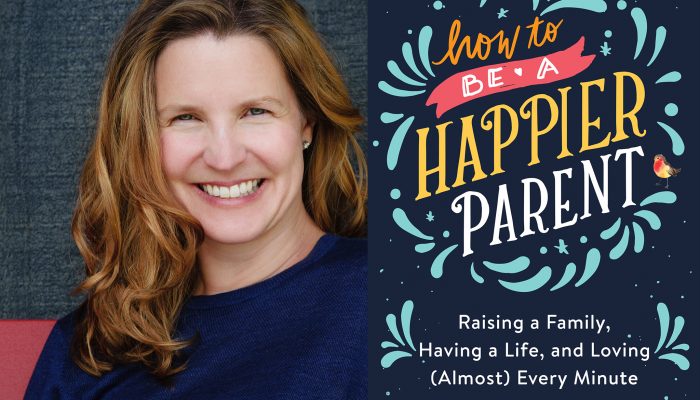
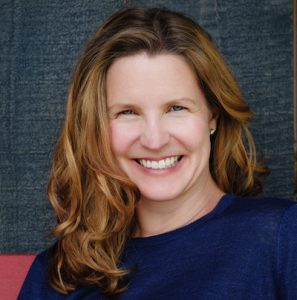
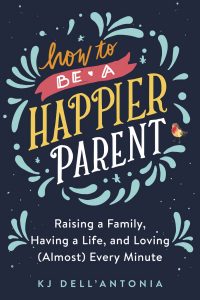
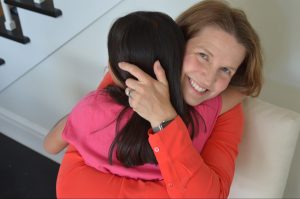

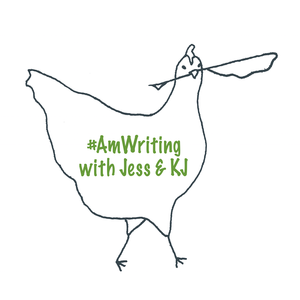



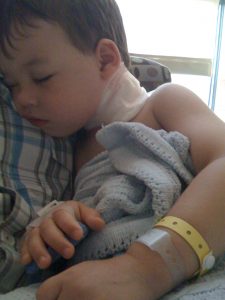
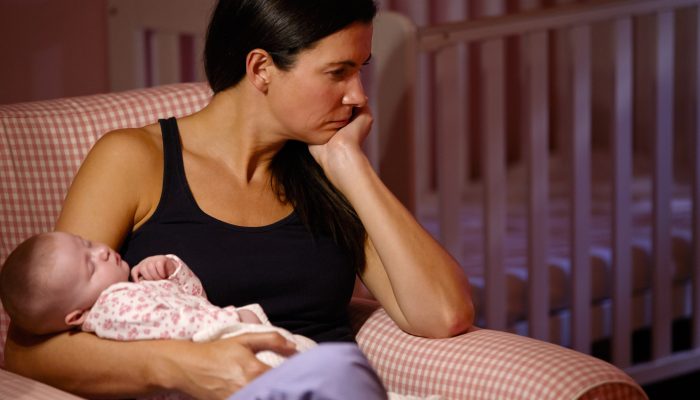


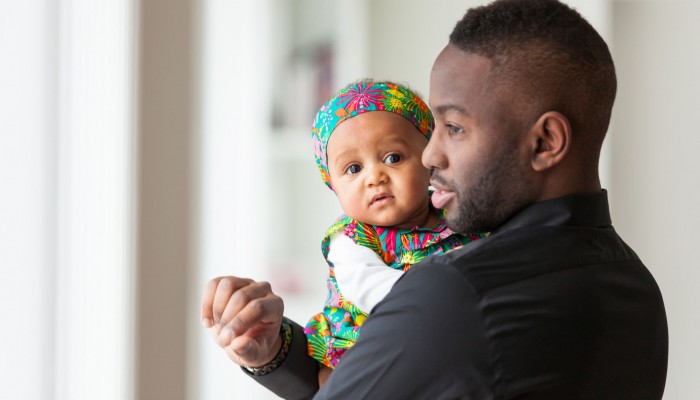
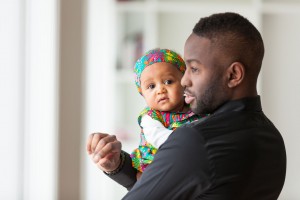




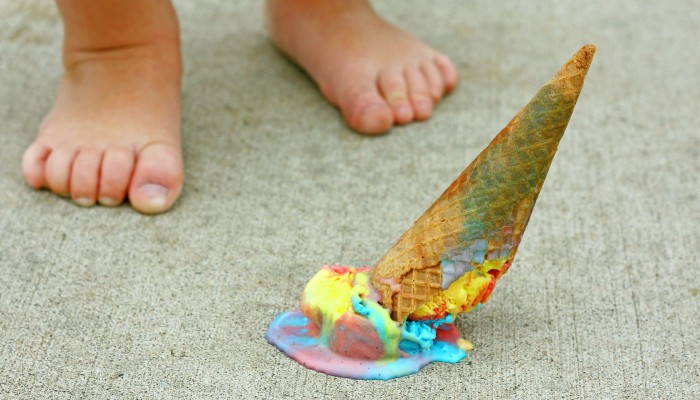

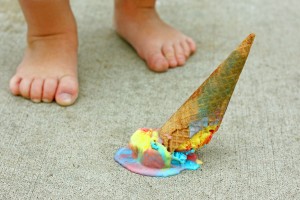
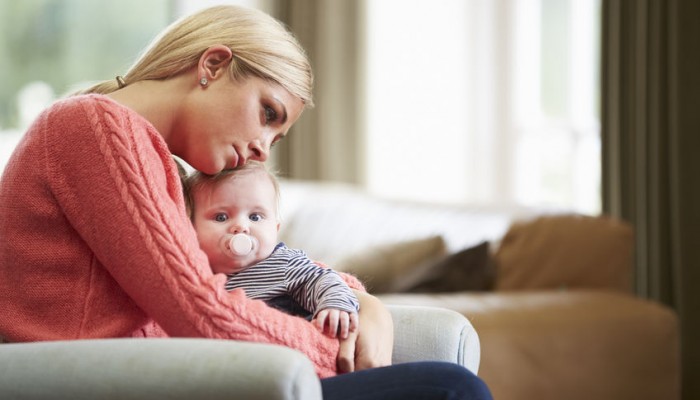
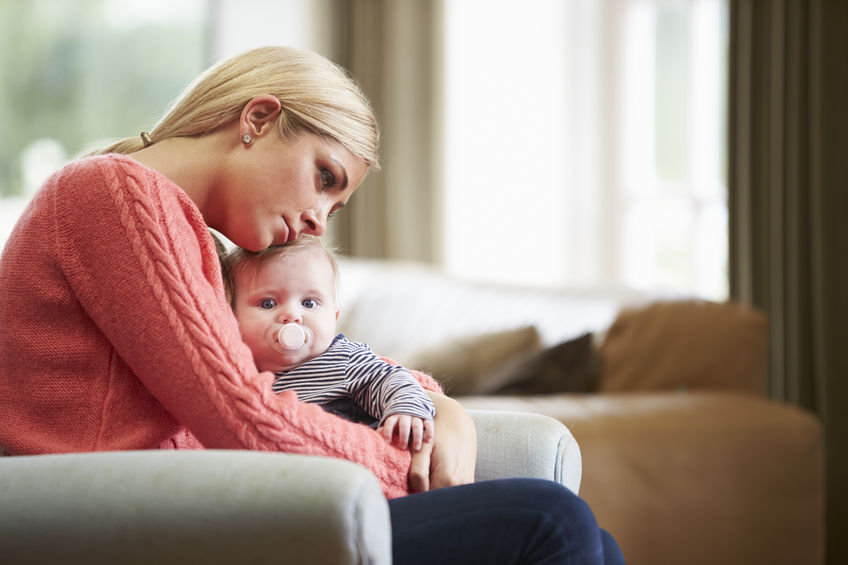
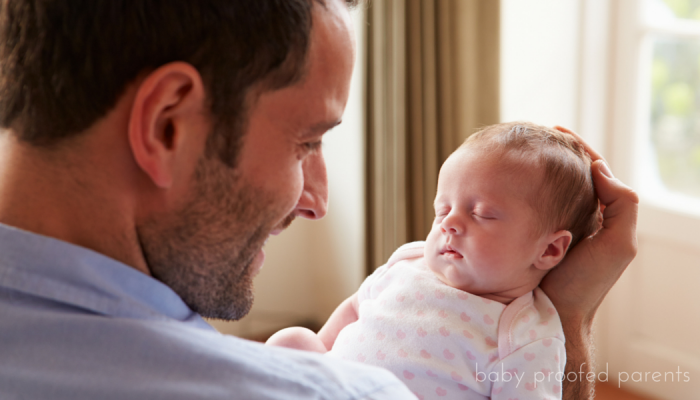





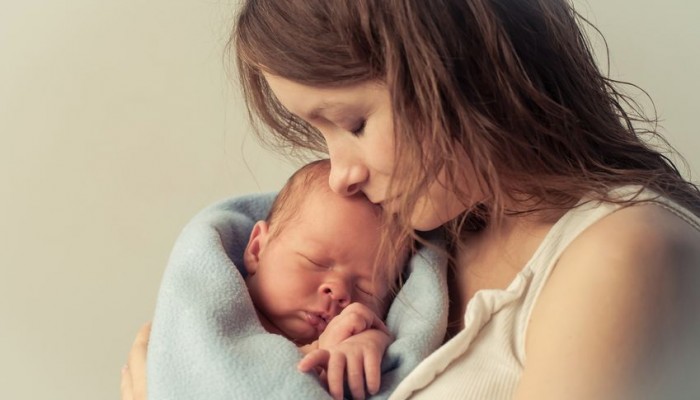


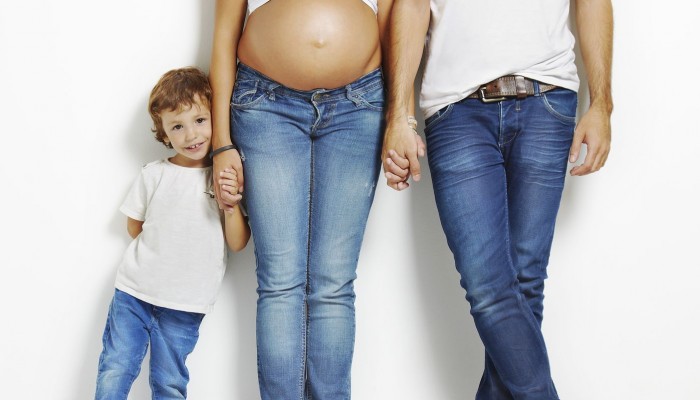
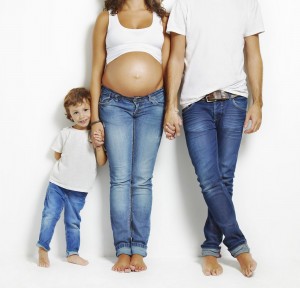




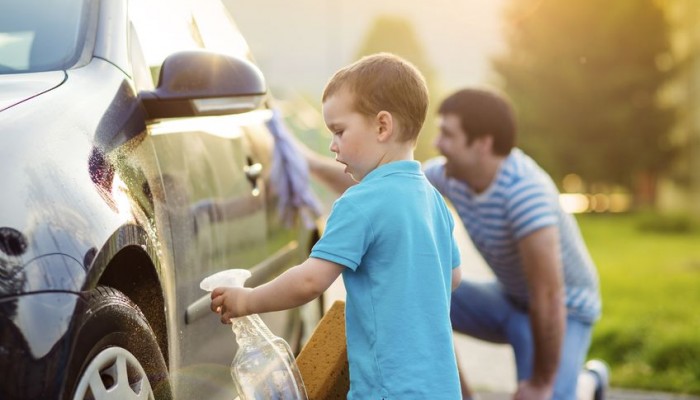
 Meet
Meet 